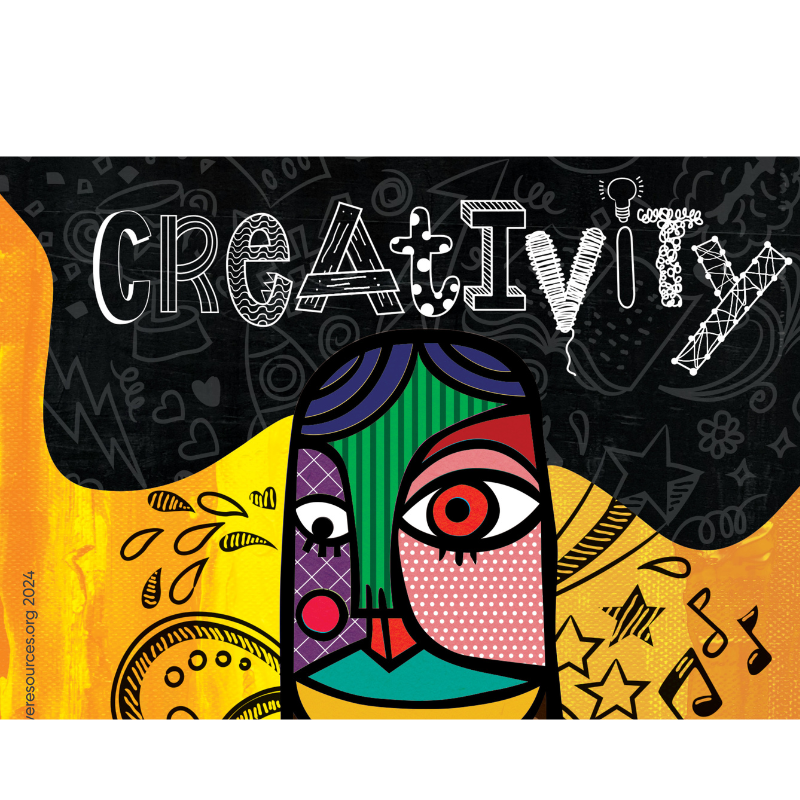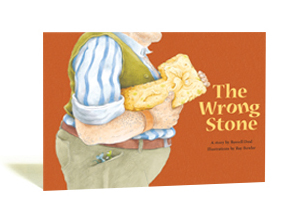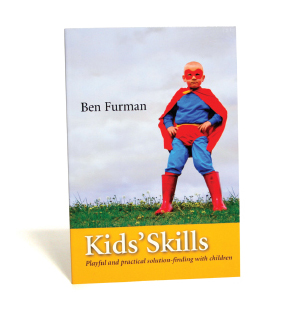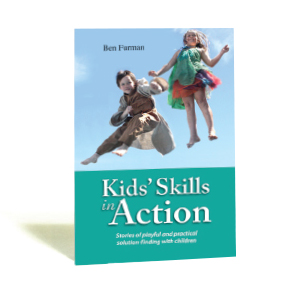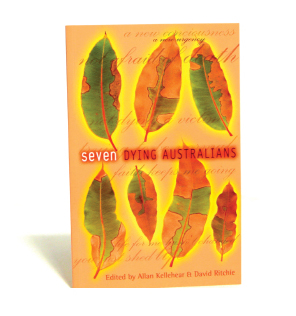
books
The Strengths Approach (Expanded Second Edition)
Product Code: 8016
$65.00 inc. GST
a comprehensive guide to strengths-based practice in human services
196 in stock
Product Overview
Are you looking for ways to work with people in a more empowering way? Do you want to focus on what people can do—their strengths, skills, capacities and resources—rather than their ‘deficits’ or problems? Do you want to move away from being the person who ‘fixes’ things for people, to the person who supports them to find their own solutions?
The Strengths Approach is for you!
This comprehensive book describes the distinctive style of human service delivery known as ‘strengths-based’ practice. Pivotal to this approach is equal partnership and respect between people, or ‘power-with’. Also fundamental is the belief that everyone has strengths and that mobilising and sharing strengths is the key to building hope and creating positive change.
Author, Wayne McCashen, has delivered training and consultancy services in the strengths approach to hundreds of organisations. In a remarkably clear and synthesised articulation, this book gathers together the principles, beliefs, skills, tools, and frameworks, that are fundamental to socially-just ways of working with people.
Since its first publication in 2005, this book has gained an international reputation. It is an essential text in many university courses and is sourced by government departments, schools, and organisations, who are adopting strengths-based frameworks and policy as best practice.
This revised and expanded second edition contains substantial new material, including:
- practice stories
- reflective exercises
- expanded definitions of strengths
- reflections on social inclusion
- strengths-based questions
- tips for supervision
- client-owned recording strategies.
The new edition also puts ‘parallel practice’ squarely on the agenda, challenging organisations to embed strengths-based, power-with practices at every level of their operations.
Ideal for social workers, counsellors, psychologists, educators, universities, and human services organisations.
Innovative Resources wishes to recognise and honour Wayne McCashen’s (decd. 2018) significant contributions to social work and the broader helping professions, particularly his extensive advocacy for strengths-based approaches to working with individuals, families, and communities.
Suitable for
This resource is designed for people working in roles that support others, including:
- Educators

